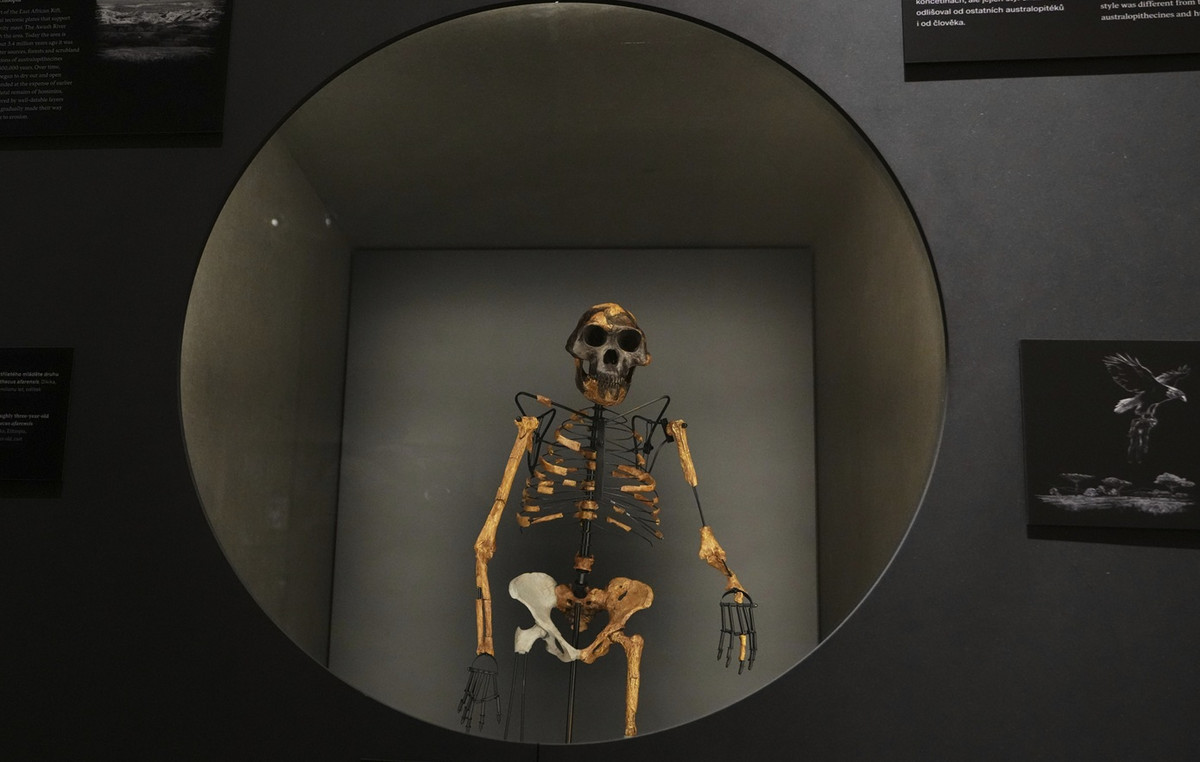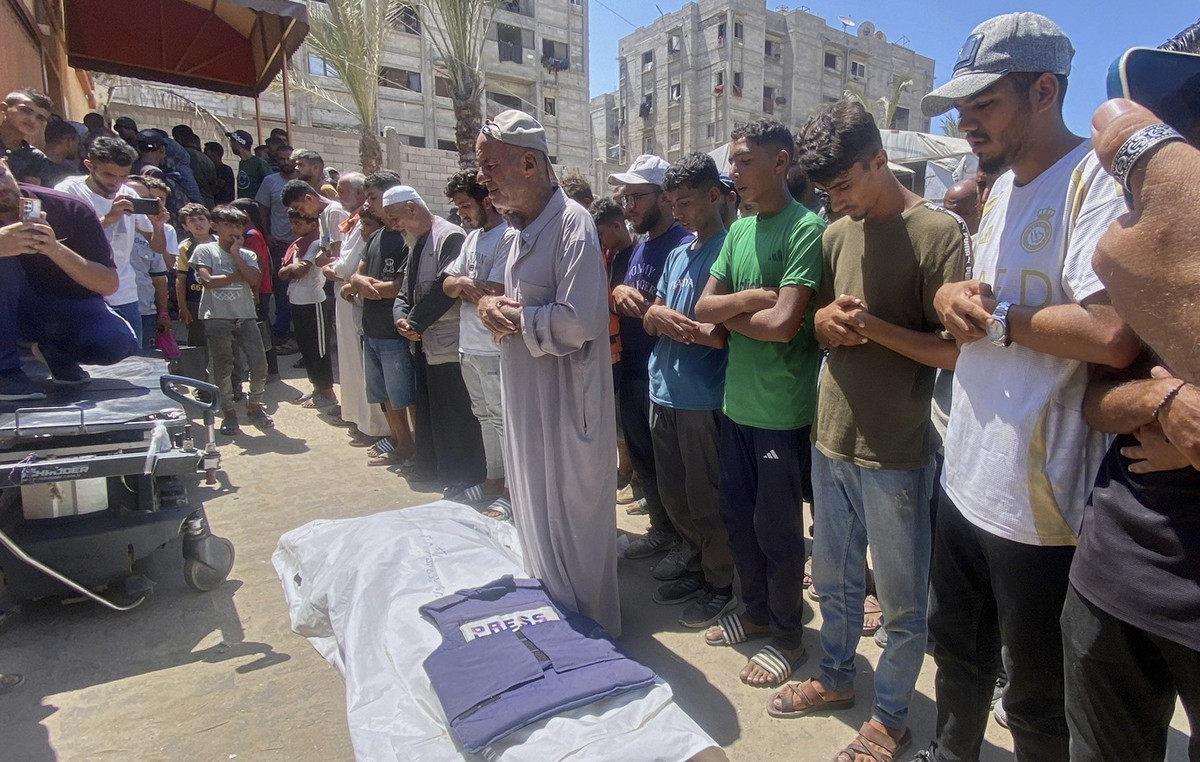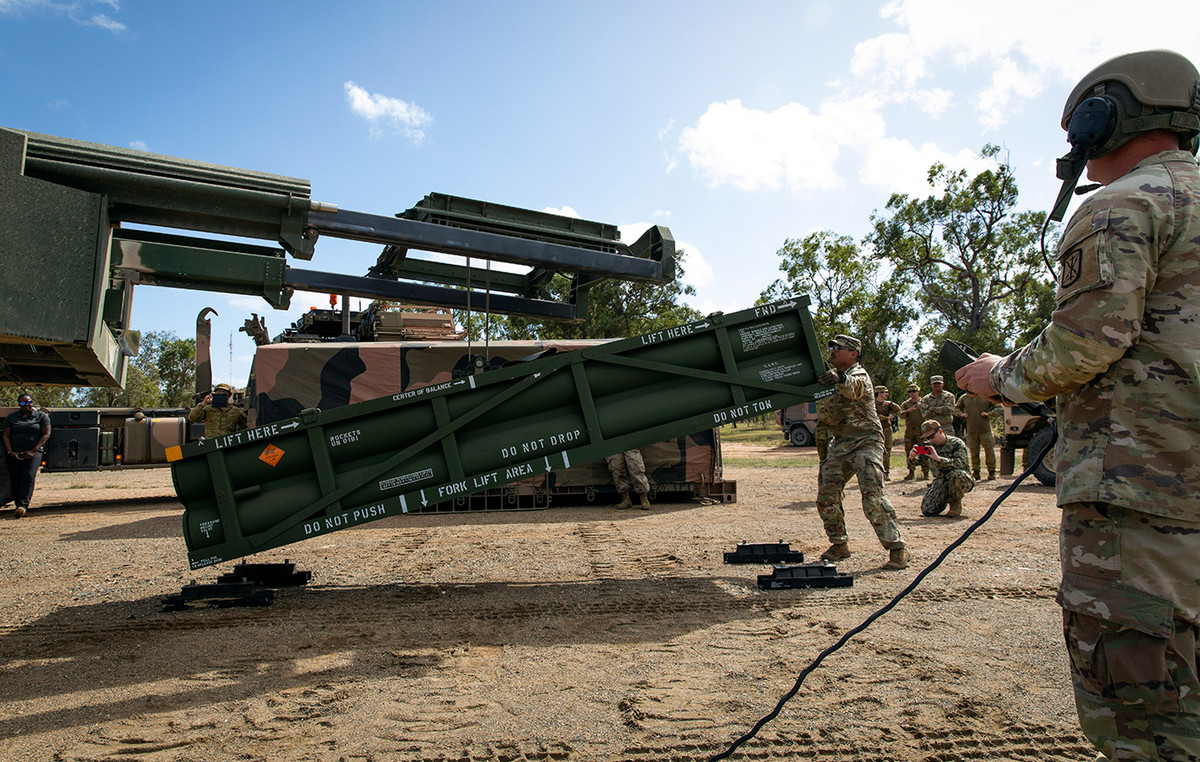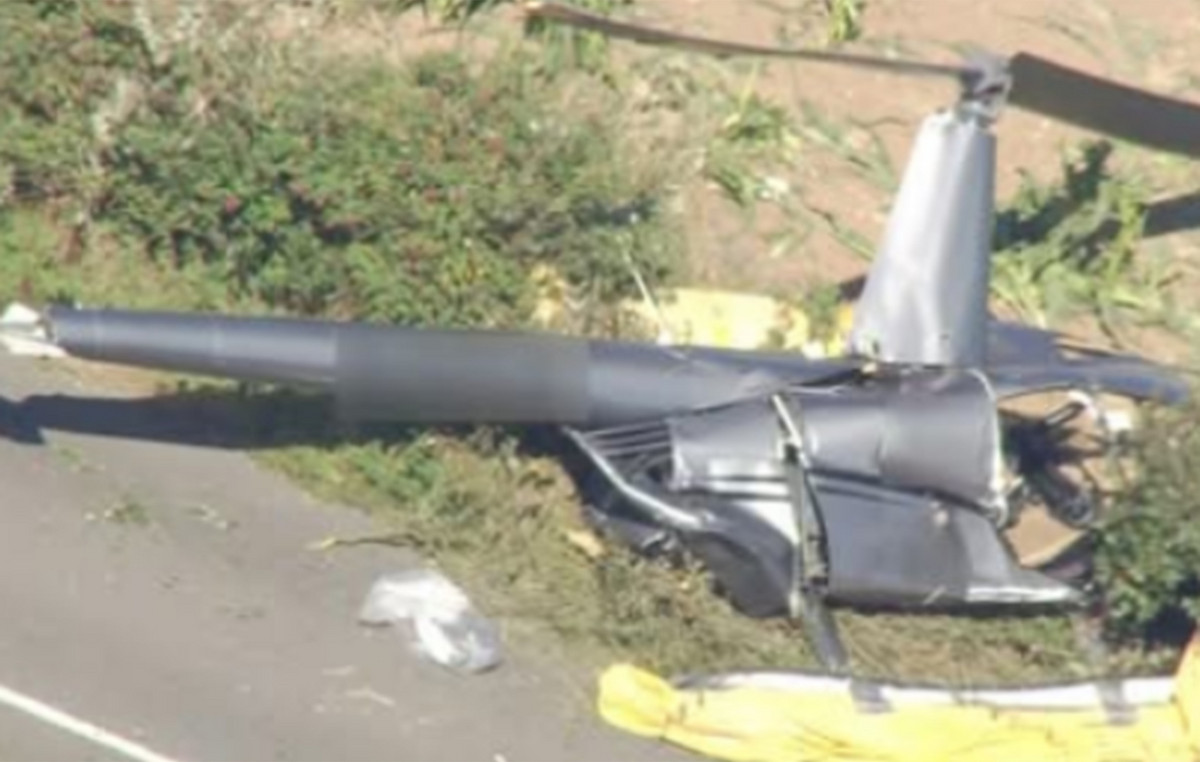More than a third of missing in Brazil are children and adolescents up to 17 years old. In this age group, there are currently 30,000 missing, according to records made at police stations gathered by the National System for the Location and Identification of the Disappeared (Sinalid), of the National Council of the Public Ministry. In total, the country has 84,900 missing people .
To increase the percentage of resolution of cases, a national registry is being created to unify information on missing persons in the country. The federal government database will use the technology and records already present in Sinalid, which is the largest public system for combating disappearances in Brazil.
As the system was created by the Public Ministry of the State of Rio de Janeiro (MPRJ), the government signed a technical cooperation agreement with the ministry to transfer accumulated information and knowledge.
Technical manager of the Program for Location and Identification of Disappeared (PLID) of the Public Ministry of RJ, André Luiz Cruz says that the unification of data is the best way to improve the efficiency of searches. He cites that, in general, families who seek police stations to look for relatives are advised to look for hospitals and forensic medical institutes (IMLs) in the region.
“Especially in the case of Rio de Janeiro, having to travel through so many hospitals and IMLs is unfeasible. It doesn’t make sense that even if a person is under the care of the State, in a public hospital, for example, we don’t have enough data organization to circulate this information”, says Cruz.
The expert argues that, in order to improve the efficiency of police action, it is necessary that all this information is immediately available “so that several options are already discarded, and the investigation begins only if it is really not possible to locate the missing person in any equipment. public”.
Profile of the missing
Sinalid figures show that the age group with the highest number of missing persons is adolescents between 12 and 17 years old, with more than 30% of cases. For Cruz, from the MPRJ, the most complex cases, which take up to years without a solution, are also, mainly, involving children and adolescents.
“This happens, first, because of the greater vulnerability that is natural among children, and also because of the difficulty that minors have in identifying themselves, in saying that they are the children of such a person, in describing their address. In addition, most do not have an identity document. A study carried out by the MP a few years ago shows that people start to make this type of document at an older age, from 15 to 16 years old, so in the case of younger children, it is impossible to have a fingerprint identification”, says the manager. from the program.
Cruz also emphasizes that it is necessary to give proper assistance to the families of people who disappear for long periods. “The side effects of disappearances that last for a long time are very harmful and specific, they are not the same as cases of death or other occurrences, so it is necessary to qualify professionals for this type of care”.
NGO Virtuous Mothers of Brazil
Luciene Torres is one of the mothers who suffers from the agony of having a missing daughter. Luciane da Silva was 9 years old when she disappeared in 2009 at KM 32, in Nova Iguaçu, Baixada Fluminense. After 10 years without answers, she decided to create a support network with other people who go through the same situation: the NGO Mães Virtuosas do Brasil.
“For a long time, I participated in different groups, but I always had the idea that we needed to go outside, ask people about our children, and no one agreed. So I ended up looking for contact with other mothers, who agreed with this idea, and today we already have more than 200 people in the message group. Only we can understand the pain of the other and that’s why we are the ones who can help the most”, says Luciene.
Along with the group, Luciane meets this Monday (30) with Analine Castro, wife of governor Cláudio Castro, to talk about the demands of the families of the disappeared. One of the main complaints regarding the handling of cases is the “coldness and lack of interest” with which they are received at police stations.
“We need a police station specializing in disappearances in the Baixada. And even if it’s not possible, why not put women like us to provide social assistance to others? The service can be provided, for example, in the women’s police stations, who after all will be mothers too and will be able to attend with much more care”, says the founder of the NGO.
She also claims that the delegate responsible for the investigation asked her to produce evidence to follow up on the case and even to go to the daughter’s possible whereabouts to look for evidence of the girl.
Flávia Barcellos, a participant in the organization, suggests that, in addition to the registration, the police station should provide a psychologist to assist the families.
“We ask that there be at least one psychologist or psychologist at the police station, because it is a moment of immeasurable pain, and we need greater care. Police officers are not prepared for this, and often do not do the correct procedure, immediate search, for example”, says Flávia Barcellos, a member of the NGO Mães Virtuosas.
The group member says that she lost her 3-year-old daughter Vitória in 2015 in a church. According to her, agents refused to file a report and advised the mother to wait 24 hours after the disappearance to register. For the manager of the MPRJ’s program for locating missing persons, the current protocol for receiving these cases at the police stations “causes agents not to have the perception of responsibility for the cases”.
“The procedure for incidents such as theft and robberies is very different from what it should be for cases of disappearances. People who lose a cell phone don’t go back to the police station to ask if it was found, they go to the corner and buy another one. In the case of family members, there is no way, they come back often because all they want is to find their loved one. But the agents are not prepared for this service and this needs to be changed, there needs to be qualification for that”, says Cruz.
In a statement, the civil police reported that they have a police station for the Discovery of Whereabouts (DDPA), which specializes in investigating cases of missing persons. Also according to the corporation, the homicide stations and the districts have trained agents and units to investigate these cases.
*Under the supervision of Helena Vieira, from CNN.
Source: CNN Brasil







